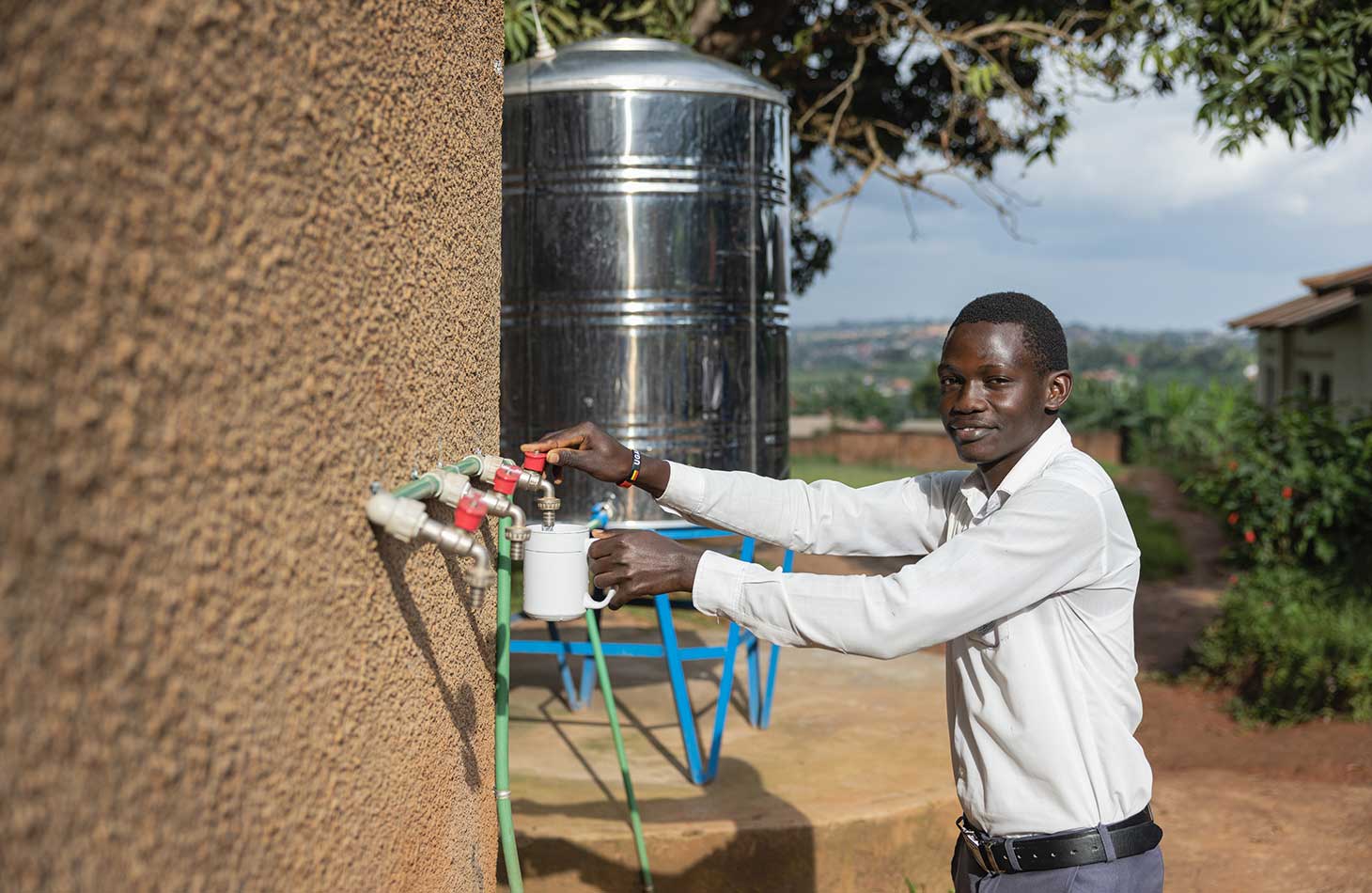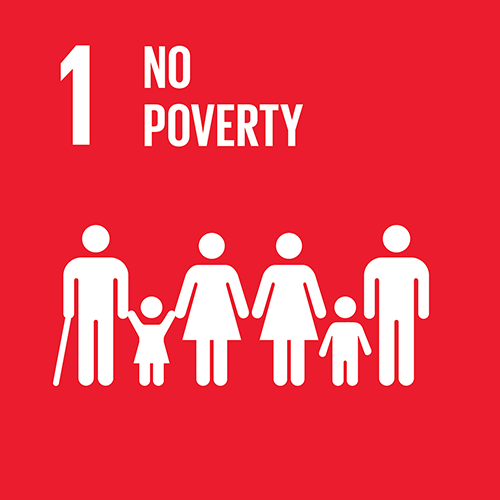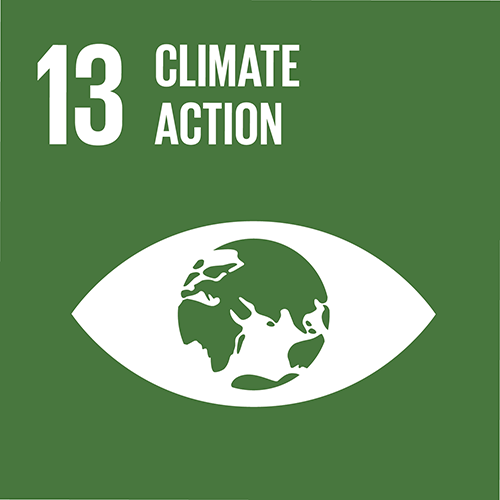Clean Drinking Water for Schools in Uganda

Project type: Water (Purification & Saving)
Project location: Uganda
Project status: In operation, credits available
Annual emission reduction of the whole project: 568,923 t
The primary objective of the programme is to disseminate water purification systems to institutions such as schools and health centers. Carbon finance is used to give access to the clean water technologies thereby improving the livelihoods and health conditions of thousands of pupils and at the same time reducing CO2 emissions by reducing the consumption of non-renewable firewood and charcoal.
Lack of access to safe drinking water and inadequate sanitation and hygiene are responsible for the majority of the 2.2 million annual deaths caused by diarrhoeal disease. Children under five are particularly affected. According to the WHO report, 2.1 billion people do not use improved sources of drinking water. Over one third of those live in sub-Saharan Africa.
In Uganda, 40 per cent of people boil water for purification and many more do not treat water at all. In addition, wood harvest for domestic cooking and boiling water is one of the major causes of deforestation. The burning of wood not only damages the environment, but can also negatively impact human health.
Ever since we had the water filter tank, our children do not have waterborne diseases anymore and typhoid went. It is saving us money because we do not have to boil water.
The programme addresses the above issues while enabling access to water purification technologies at institutional level such as schools and health centers.
Water filter models
Examples of water treatment devices currently used include electric ultraviolet (UV) purification units and ultra filtration systems. Institutional water treatment systems can treat depending on type between 120 to 650 litres per hour that can provide safe water for 1,000 students and more.
The filter is fed by the national water supply. This water is not safe and was boiled before the school invested in the water purification system.
The systems for schools consist of a UV filter or ultra filtration system and a water tank with a capacity of 450 to 1,000 litres. Electricity is needed for operation, the water comes from the water pipe. The UV water filter cleans the water in three stages. In a first step, the coarsest impurities in the water are filtered out. In a second step, an activated carbon filter is used, which absorbs the smallest particles and volatile organic compounds and ensures that the water is odourless and tasteless. In the final purification stage, the water is irradiated with UV light. This kills microorganisms such as bacteria, viruses and other pathogens. The individual filters are replaced every 6 months to ensure smooth operation and water quality. The filter systems have an average service life of ten years.
We constantly have good drinking water. When we used to boil it it was never enough.
Some schools have a waste and littering problem with the plastic bottles students bring to school. Thus the systems also reduce plastic waste at schools.
We no longer have as much plastic pollution from the single use water bottles as the students use their cups.
Project partner and monitoring of the project
myclimate works together with Impact Water located in Kampala, Uganda. myclimate invests the proceeds from climate protection contributions over Impact Water in the expansion of the project, for example via product subsidies, in raising the awareness of local partners and in the promotion and development of distribution channels. The project is registered with the high quality Gold Standard. Once per year, the project is being monitored and then being verified and audited by an independent third party organisation. For more information, see "Documentation”.
This project contributes to 8 SDGs*
*from August 2023 to July 2024. myclimate only finances a share of this project. The following figures relate to the impact of the entire project. Find out how myclimate reports these SDGs in our FAQ.
The following SDGs are verified by the Gold Standard:
100% of users reported money saving due to reduced fuel consumption.
100 % of users reported reduction in incidence of diarrhoea and waterborne diseases. Around 1,920,890 pupils benefit from the installed systems.
All schools reported time saving due to reduction in collected fuel consumption.
2,867 water purification systems have been installed so far.
Schools within the program have access to affordable and clean technology for the water treatment.
Since the project started 18 local jobs have been created.
568,923 tonnes of CO₂ were reduced.
These SDGs have been approved by myclimate:
1,266 hectares of forest saved from deforestation.
Situation without project
Water purification by boiling with non-renewable wood and charcoalDocumentations
Project standard

Awards

Project number
7192















